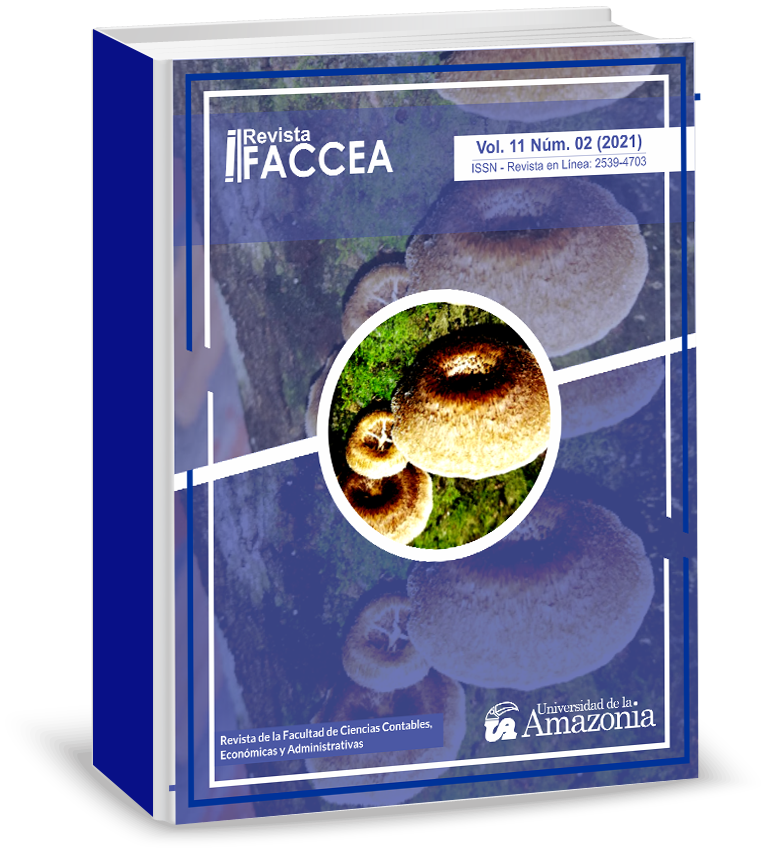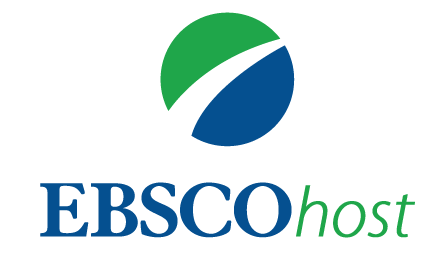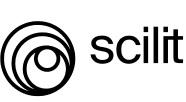Analysis of the reading comprehension level in students of the Business Administration program at CUN
DOI:
https://doi.org/10.47847/faccea.v11n2a2Keywords:
reading comprehension, reading, college students, reading comprehension levels, reading comprehension difficulties, reading skillsAbstract
This research is quantitative with a descriptive approach, in which the level of reading comprehension of students in the first semesters of the CUN Administration program was analyzed, a sample of 308 students and 9 teachers was taken, for a total of 317 participants, probabilistic sampling was implemented through the application of three surveys, two (2) applied to students and one (1) to teachers. The results obtained allowed us to identify that the students in the sample did not develop reading skills in their levels of basic primary and secondary education, presenting deficiencies in word decoding, mastery of comprehension strategies, scarce control and direction of the reading process. Additionally, it allowed to know the level of understanding, habits and techniques, highlighting that the most used by students to strengthen reading comprehension are underlining, summaries and concept maps. Also was possible to know the perception that teachers have about the level of reading comprehension of their students and the way to evaluate it in class, which allowed us to discover that the respondents would like the implementation of Olympics, theoretical practical face-to-face courses, virtual reading clubs and workshops to improve their reading comprehension levels.
Downloads
References
Alcaldía Mayor de Bogotá. (2016) Plan distrital de Lectura. Leer es Volar. Alcaldía Mayor de Bogotá. https://bogota.gov.co/mi-ciudad/cultura-deporte-y-recreacion/bogota-lanza-el-plan-distrital- delectura- y-escritura-leer
Carrillo, M. V. (2017). La lectura y su importancia en la adolescencia. Vida Científica Boletín Científico de la Escuela Preparatoria, 4(5), 10.
García, J., & Guevara B, C. (2017). Variables académicas, comprensión lectora, estrategias y motivación en estudiantes universitarios. Revista electrónica de investigación educativa, 19(2), 78-90. http://www.scielo.org.mx/scielo.php?pid=S1607- 40412017000200078&script=sci_arttext
García, A. D., & Ortiz, L. Á. (2010). Procesos de lectura en estudiantes universitarios. Paideia Surcolombiana, (15), 134-142. https://doi.org/10.25054/01240307.1097
Instituto Nacional de Estadística y Geografía INEGI. (2019). Módulo sobre Lectura (MOLEC). INEGI. https://www.inegi.org.mx/contenidos/saladeprensa/boletines/2019/EstSociodemo/MOLEC2018_04.pdf
Palacios E, L.S., (2015).Mejoramiento de la comprensión lectora en alumnos de segundo semestre del programa de español y Literatura de la Universidad Tecnológica del Chocó Diego Luis Córdoba [Tesis de maestría, Universidad Nacional de Colombia] http://bdigital.unal.edu.co/50602/
Corporación Unificada Nacional de Educación Superior, CUN. (2018) Plan Educativo Cunista (PEC). CUN.
Semana. (2016). Nivel de lectura y escritura de los 'primíparos' es mediocre. Semana. https://www.semana.com/educacion/articulo/universidad-de-la-sabana-estudio-muestra-que- elnivel-de-escritura-y-lectura-de-los-universitarios-colombianos-es-mediocre/460982
Downloads
Published
Issue
Section
License
Copyright (c) 2021 Journal of the Faculty of Accounting, Economics and Administrative Sciences -FACCEA

This work is licensed under a Creative Commons Attribution-NonCommercial-ShareAlike 4.0 International License.



















